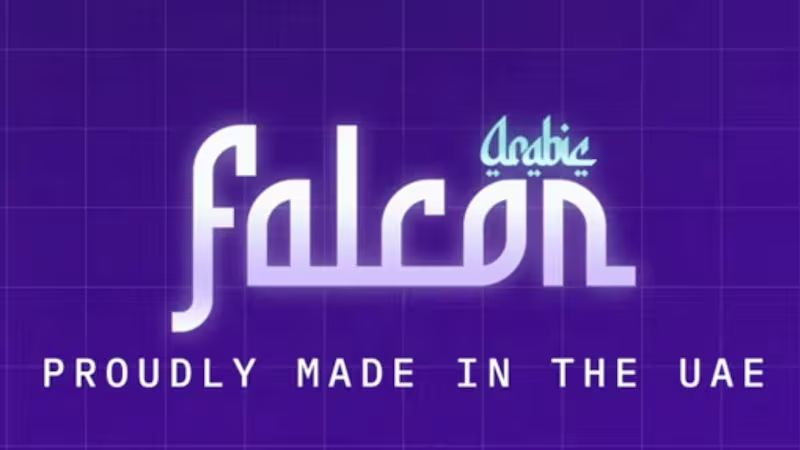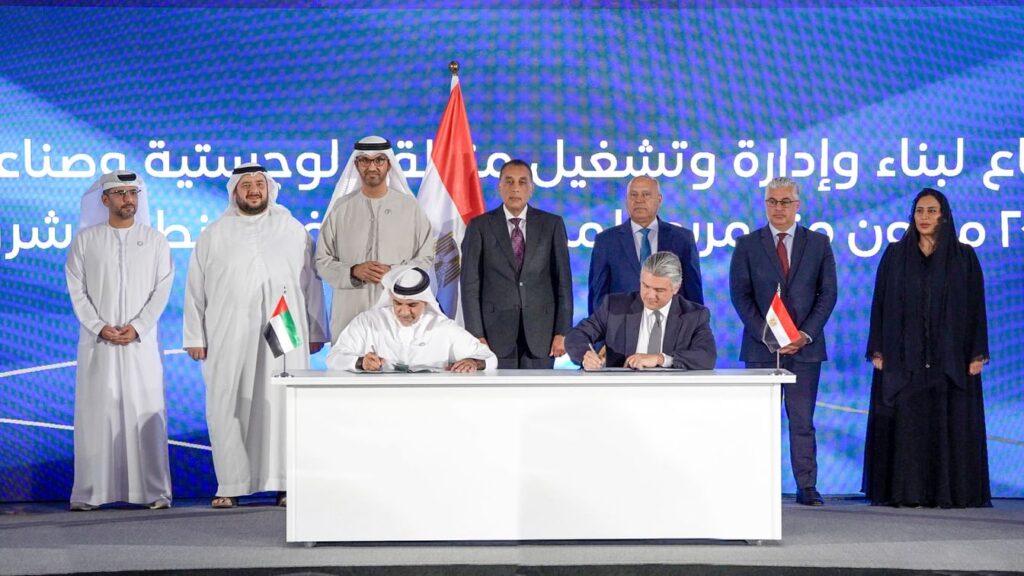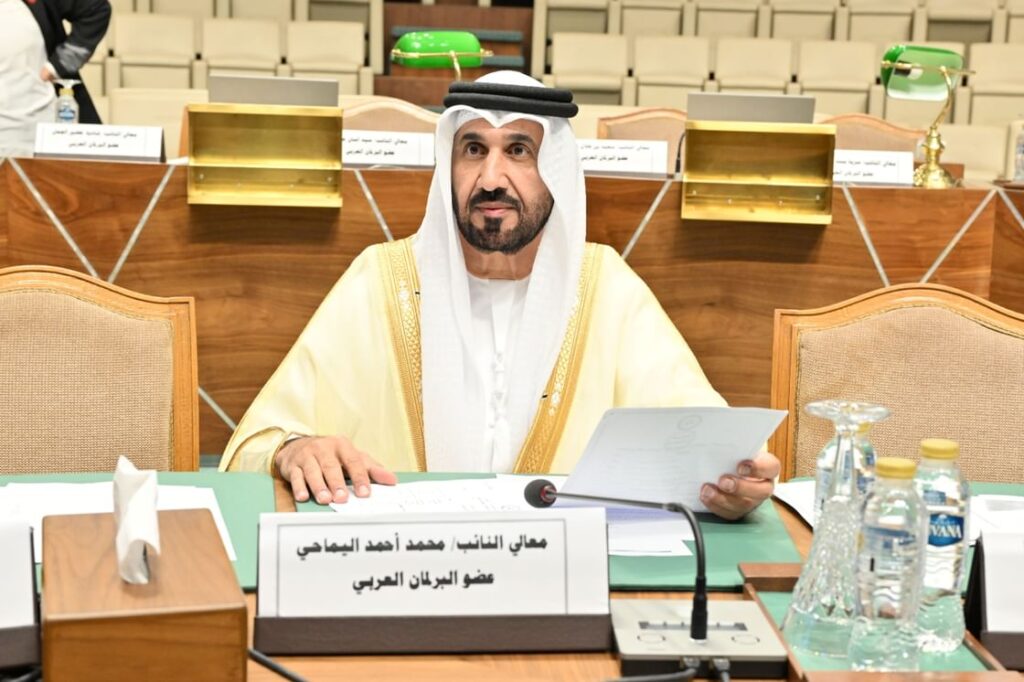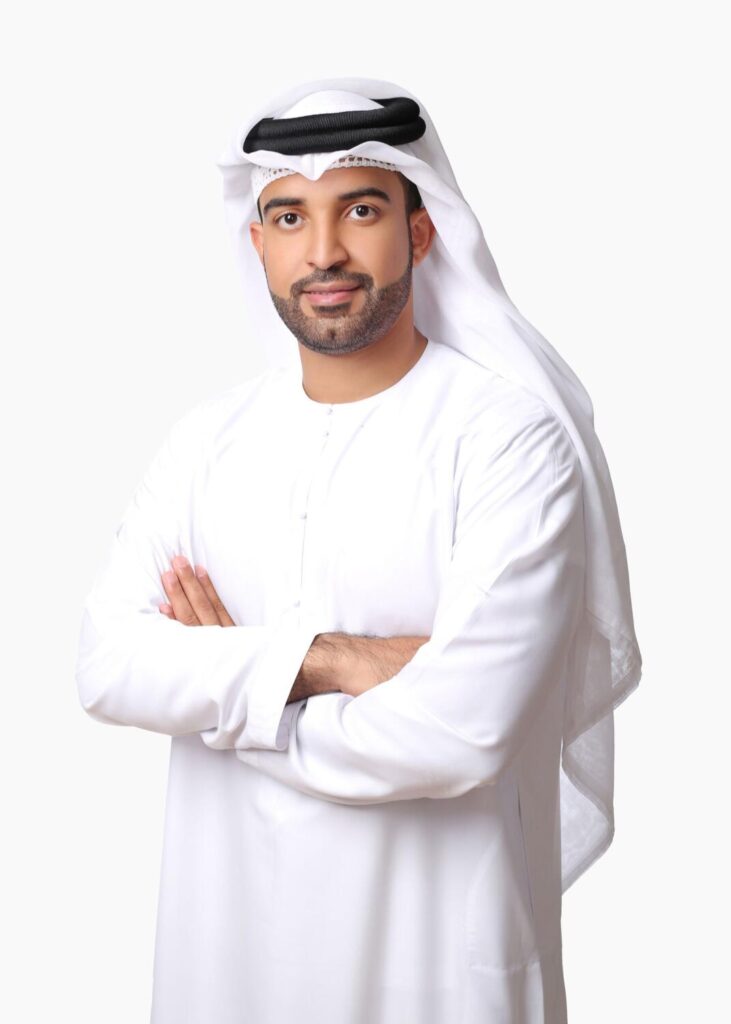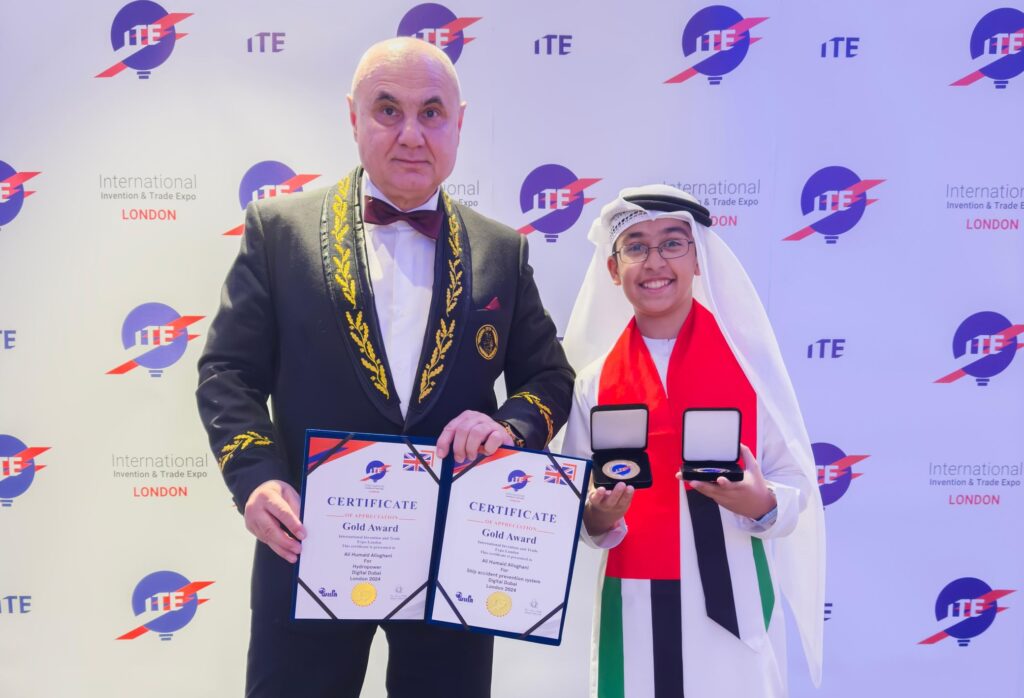The UAE maintained its position as the top destination for deals in the Middle East and North Africa (MENA) region during the first quarter of 2025, with a total of 63 deals worth $20.3 billion.
The UAE remains the preferred destination for foreign direct investment (FDI) in the region by 2025, accounting for 53% of the total number of incoming deals and 99% of their total value. Austria was the leading investor, accounting for 94% of the total value of incoming deals, driven primarily by a major deal in the chemicals sector.
This was stated in a report issued by Ernst & Young (EY) on “Mergers and Acquisitions in the Middle East and North Africa”, which indicated that the region recorded an increase in deal activity during the first quarter of 2025, with 225 deals compared to 172 deals in the same period last year, representing a 31% increase in the number of deals year-on-year. The total value of announced deals in the first quarter of this year also increased by 66% to reach US$46 billion, compared to US$27.6 billion in the first quarter of 2024.
role in deal volume and value, with 117 deals recorded, representing 52% of the total number of deals, valued at USD 37.3 billion, or 81% of the total value of announced deals. The first quarter of 2025 saw the highest cross-border deal activity, both in terms of volume and value, compared to the same period in the past five years, as companies increasingly sought to grow and diversify outside their home markets.
“We saw a steady flow of M&A deals in 2025, and the MENA region will continue to experience strong deal flow for the remainder of 2025,” said Brad Watson, MENA Leader, EY-Parthenon. “This strong deal flow is driven by regulatory reforms, policy shifts, and a positive macroeconomic outlook, including easing interest rates and improved investor confidence.”
contributed 48% of the total number of deals in the first quarter of 2025. This growth in local M&A deals is in line with the International Monetary Fund’s forecast of 3.6% GDP growth for the Middle East and North Africa region this year, supported by the strong momentum of M&A activity around the world. Companies are re-aligning their strategies to better meet the needs of diversification, digital transformation, and the integration of emerging technologies.
He stressed that the UAE maintained its position as the top destination in the Middle East and North Africa region in the first quarter of 2025, recording 63 deals worth a total of USD 20.3 billion. Kuwait ranked second in terms of deal revenue, with USD 2.3 billion, driven by two major deals in the diversified industrial products and energy and utilities sectors.
During the first three months of 2025, Canada attracted the highest value of outbound deals from Middle Eastern and North African investors, at US$6.4 billion, while the United States remained the preferred target destination in terms of the number of deals.
number of deals in the first quarter of 2025, while the value of deals increased significantly to USD 8.7 billion, compared to USD 1.69 billion in the first quarter of 2024.
The technology sector led local mergers and acquisitions (M&A) activity in the Middle East and North Africa (MENA) region during the first quarter of 2025, contributing 37% of the total value of local deals and 27% of the total number of deals.
Inter-regional deals involving the UAE, Kuwait, and Saudi Arabia accounted for 83% of the total value of local deals and 56% of the total number, highlighting the strong activity of cross-regional mergers and acquisitions, particularly in the technology, industrial, and real estate sectors.
foreign direct investment (FDI) during the first few months of 2025, with the number of inbound deals increasing by 21% and their value rising to USD 17.6 billion, compared to USD 2.5 billion in the first quarter of 2024.
The report indicated a 63% increase in the number of deals issued during the first three months of 2025 compared to the first quarter of 2024, reaching USD 19.7 billion, contributing 43% of the total deal value. The UAE and Saudi Arabia topped the list of deals issued from the Middle East and North Africa region, accounting for 77% of the total number of deals and 94% of their total value.
Anil Menon, MENA M&A and Capital Markets Leader, EY-Parthenon, said: “The MENA deal market has remained resilient, and the MENA deal pipeline for the rest of 2025 is promising and strong, with increased activity expected in the consumer, technology, and energy sectors. Artificial intelligence will drive fundamental value shifts, as we see significant capital allocation in technology.”
source/content: wam.ae (headline edited)
_______________
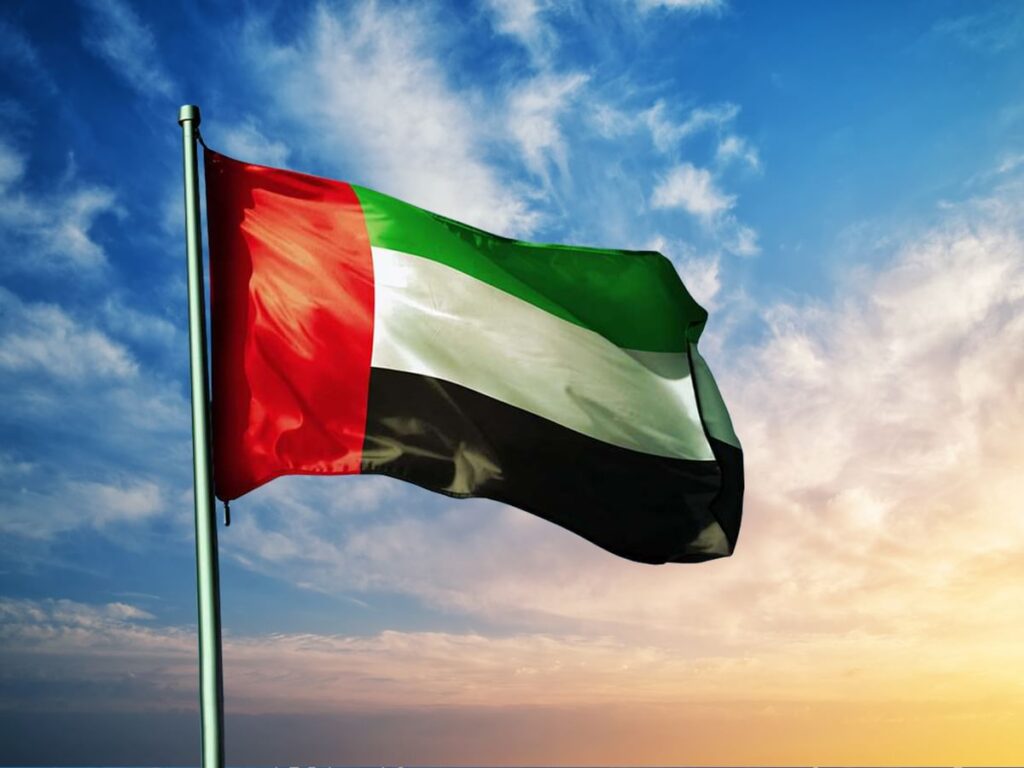
__________________________________
UNITED ARAB EMIRATES (U.A.E)
